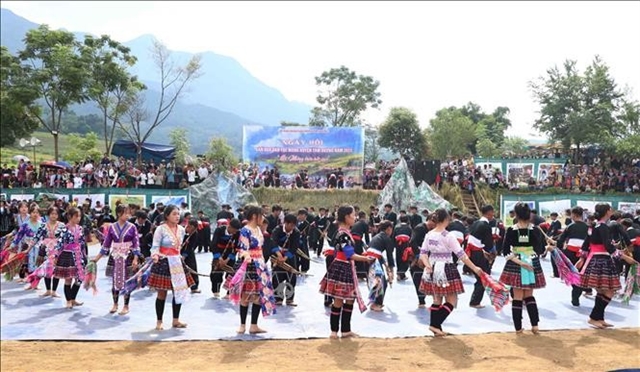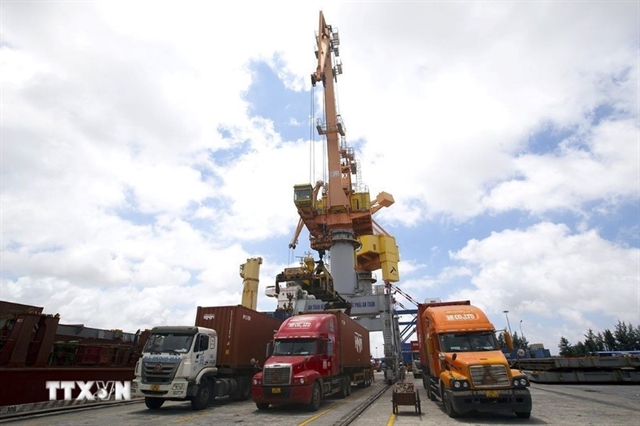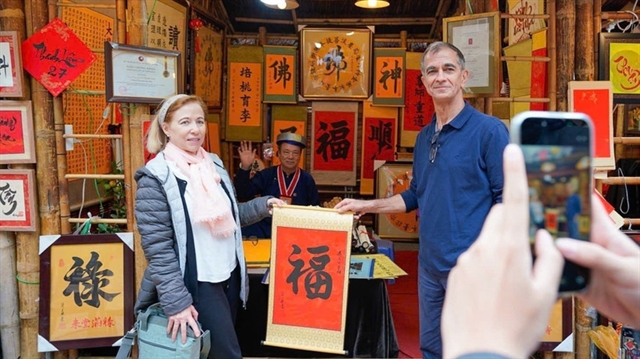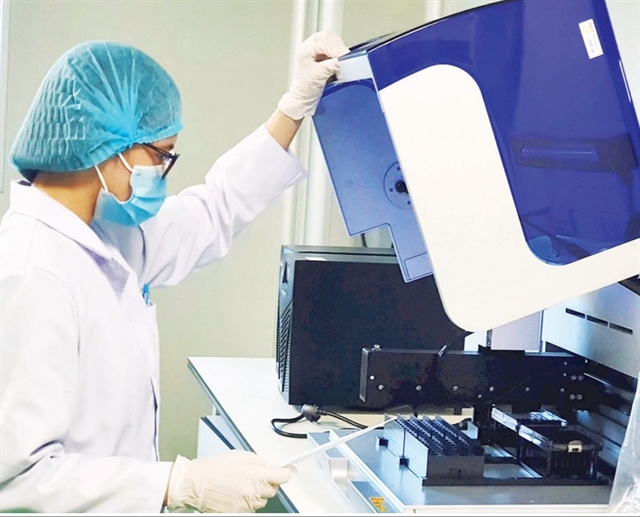 Society
Society
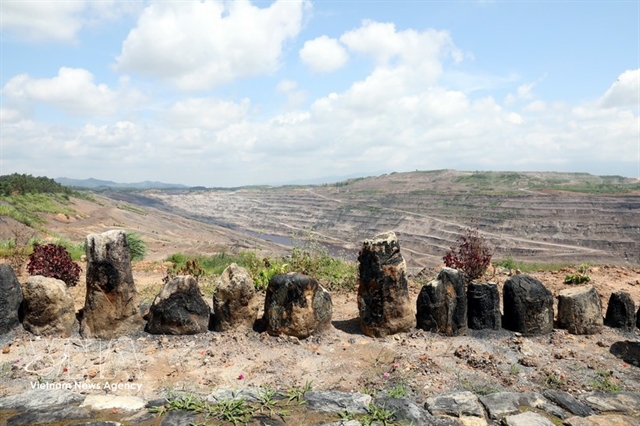
The attention businesses are paying to strategies and measures to protect the environment is a good augury for the sustainable development of the economy.
HCM CITY — The attention businesses are paying to strategies and measures to protect the environment is a good augury for the sustainable development of the economy.
These have come into focus recently after the public and retailers in HCM City and Hà Nội began to follow in the Mekong Delta’s footsteps in using eco-friendly packaging materials to replace plastic.
Nguyễn Tiến Thành has set up the Đồng Tháp Aqua (aquaponics) Farm in Lấp Vò District in his native Đồng Tháp Province.
According to Thành aquaponics is essentially organic cultivation of plants and animals together in a circulating closed system.
It does not use soil, and the roots of the plants are exposed to a mineral solution or may be supported by an inert medium such as perlite or gravel.
Instead of using fertilisers and chemicals to grow the plants, aquaponics uses waste from fish, which is turned by micro-organisms into nutrients for the plants.
Instead of treating the wastewater from the fish tanks and discharging into the environment, aquaponics uses the plants to purify it and return it to the tanks. Thus the water can be used for unlimited time and is only replaced when it evaporates.
In the shop on his farm, Thành uses banana leaves instead of plastic bags to wrap his produce. He also uses baskets made from banana trees to pack vegetables such as cabbage and cucumber just like in rural vegetable markets.
He also buys products from other farms to sell and all of them have quality certificates.
Thành said: “Banana leaves have for long been used as wrapping materials. The use of banana leaves to wrap goods has been supported by customers. Wrapping in leaves has helped make our goods more attractive to local and foreign customers.”
He is happy since his business does not harm the environment.
His produce sells well though prices are 30 per cent higher in the market, and he earns more than VNĐ3 billion (US$129,200) a year.
Huỳnh Như Trúc, who opened Handy House to sell eco-friendly bags recently in Cao Lãnh District in Đồng Tháp, plans to replace plastic packaging material with eco-friendly bags including knapsacks made of natural materials which decompose in nature.
She also uses eco-friendly paints to create her bags.
In addition to fashionable bags, Trúc is also making bags for women to use when going shopping or to the market to reduce the use of plastic bags.
She said: “We sell 1,500 – 2,000 knapsacks and handbags a month. We’re seeking partners to expand.”
To promote eco-friendly products, Võ Minh Khang, general director of Hùng Hậu Foods Company Limited based in Đồng Tháp’s Sa Đéc City, said after seeing plastic straws being phased out in developed countries he studied and began to manufacture eco-friendly rice flour straws.
Sa Đéc is home to a 100-year-old rice flour village.
Trúc said: “I would like to manufacture clean straws which help protect the environment and people’s health. The materials for our straws include 80 per cent rice flour and the rest wheat and other flours.” — VNS.

